--Brussels Calling
And so, the new College of EU Commissioners are about to begin their work from December 1st. The “von der Leyen II” Commission got 370 votes in favour at the EU Parliament in Strasbourg, with 282 MEPs voting against, 36 abstaining and another 32 did not vote at all. The Confirmation Hearings took place from November 4th till November 12th and with an eight-day delay and negotiations among pro-European groups (EPP, S&D & Renew mainly) all the candidates got the green light the first time around, something that had not happened for 20 years.
The five Commissioners who will be directly involved with the EP Parliament’s CULT Committee's hearings went smoothly. However, the political “tit-for-tat” almost put two of them in “danger.” The reason was the unfortunate, terrible Valencia floods, for which the Spanish EPP tried to blame Teresa Ribera, nominated as executive VP of the EC for Clean, Just and Competitive Transition. Eventually, more than a week after the Hearings, the crisis was averted.
Two schools of thought
CULT-wise, there seemed to be two major agendas during the Hearings and the evaluation procedures behind closed doors. The one was expressed by six groups -EPP, S&D, ECR (unexpected), Renew, Greens/EFA & The Left-by coordinators and MEPs who believe in a united EU and want to promote EU Cultural action, with proposals such as doubling the Creative Europe budget. The second agenda is the far-right approach of newly formed PfE and ESN that are using every opportunity to draw attention to distinct national identities, using culture as a tool.
In a nutshell
What we've got
-Assurances about protecting and enriching Creative Europe and Erasmus+
-Support for artists
-Unified front of EPP, S&D, Renew, Greens/EFA and The Left towards a common EU approach for culture
-Assurances of a regulatory framework for AI in terms of copyright
-Protection of journalists and freedom of speech
What we expect
-Concrete actions so that the programmes can be strengthened through additional financial resources
-Less bureaucracy for artists in order to have easier access to the EU programmes
-The pro-EU powers to continue working together against an ethnocentric cultural approach
-Address the opportunities and risks of the use of Artificial Intelligence (AI) in Education
-Follow up on the implementation of the Audiovisual Media Services Directive (AVMSD) and of EMFA
Glenn Micallef: From Scepticism to Support
Glenn Micallef initially was described as “too young” and “inexperienced” as he had never held public office before. However, he seemed to know his portfolio, although he played it safe during the Hearing.
“I believe that artists should be able to focus on being creative, on their job, and should not have to worry about earning a decent living,” he said. “We have to see how union financing in the next mandate can be more strategic and more impactful to improve the working conditions of artists,” he added.
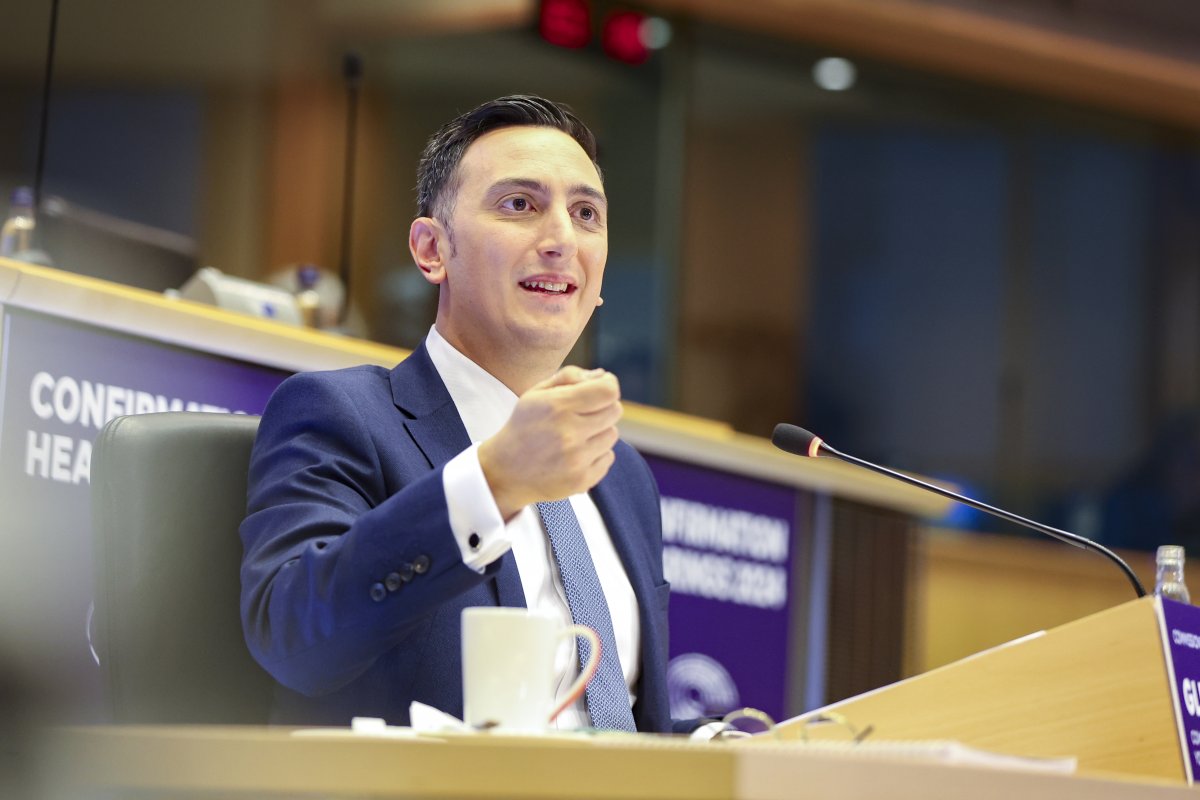
He also analysed his devotion to strengthening Creative Europe and Erasmus+, the two most iconic programmes related to Culture and Education. Meanwhile, questions from the far right were a bit off, one would say. Stephen Bartulica asked Micallef to give a definition “for what is a woman” and to explain if he thinks that it’s a European value when a man competes in a women’s sporting event…
“Sport is for everyone, no matter what your background is, no matter what your gender is,” was Mr Micallef’s response. Other than these sorts of questions, Glenn Micallef did not have a hard time. Coordinators from all the pro-EU groups mentioned above gave him the thumbs up during their evaluation meeting, and thus he was accepted with a big majority.
Roxana Minzatu's Marathon
Roxana Minzatu on the other hand was
a bit of a different story. Her Hearing went well -CULT wise at least- but her evaluation procedure became a thriller because of the Ribera-saga… As far as the Hearing is concerned, she seemed well-prepared and spoke time and again about Erasmus+ which she called “an example of what the EU does best”. The drama began after the November 12th Hearing since all major groups kept receiving SMSs and being on their phones, asking at the end of a very long night for her Evaluation meeting to be postponed…
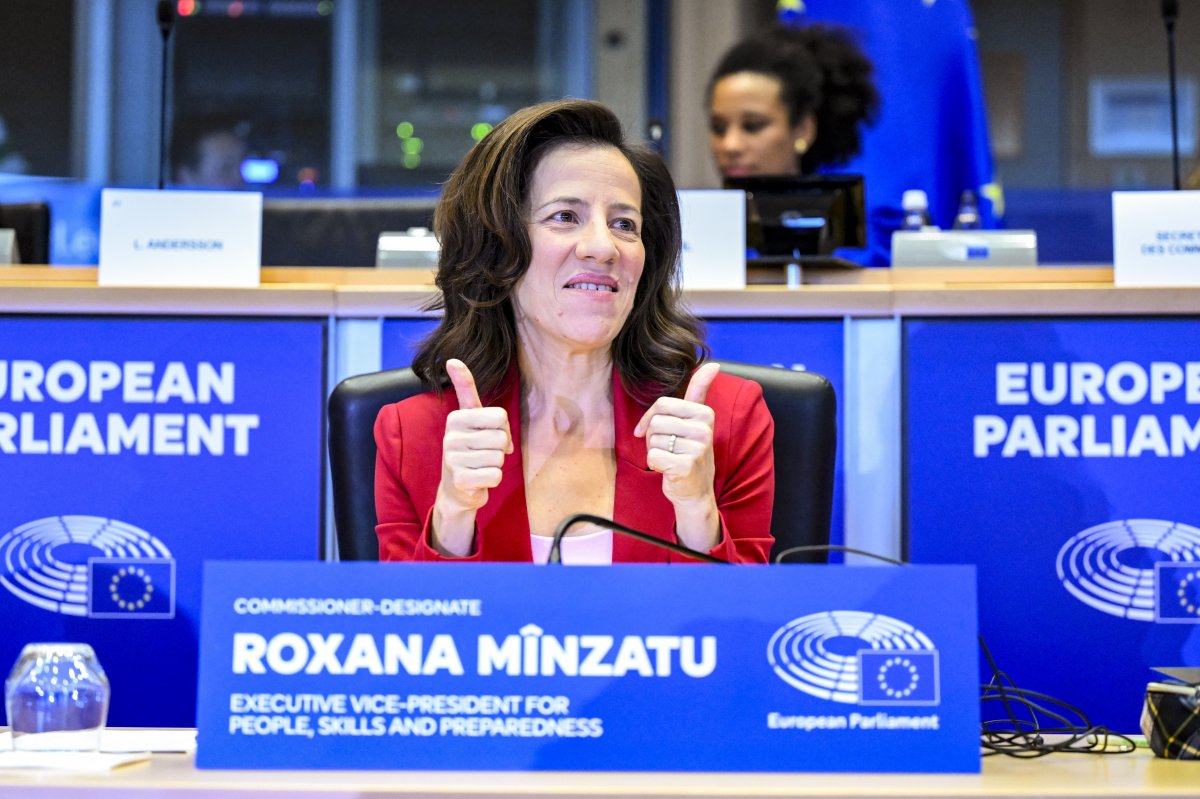 Running forward to November 20th, the meeting finally took place and the outcome was quite similar as in the case of Micallef. The same six groups were in favour and the same two far-right groups were against. Nevertheless, that was not the end of it yet again… According to sources, more texts and phone ringing made the MEPs once more ask for a short break that lasted for almost an hour… The coordinators themselves, who had already expressed their trust in Minzatu, suddenly became allegedly hesitant… Spoiler alert, there was a happy end.
Running forward to November 20th, the meeting finally took place and the outcome was quite similar as in the case of Micallef. The same six groups were in favour and the same two far-right groups were against. Nevertheless, that was not the end of it yet again… According to sources, more texts and phone ringing made the MEPs once more ask for a short break that lasted for almost an hour… The coordinators themselves, who had already expressed their trust in Minzatu, suddenly became allegedly hesitant… Spoiler alert, there was a happy end.
While the MEPs waited for “further instructions” they worked on the draft evaluation letter. There was of course quite the controversy about her portfolio’s title (Executive VP for people, Skills and Preparedness) which was addressed within the letter by EMPL and CULT Committees. The words jobs and education were requested to be added one way or another, demands nonetheless that were not met.
Ekaterina Zaharieva: Beyond Expectations
Ekaterina Zaharieva speaking as Commissioner-Designate for Startups, Research and Innovation, seemed very much to be focusing on the MS fulfilling their obligation towards a 3% GDP target for research and innovation. According to sources once again, during the Assessment meeting of the CULT Committee, there were some concerns about her knowledge specifically related to the scope of the Committee. Nevertheless, she seemed “eager to catch up” and the fact that she wants to increase the budget for research made a great impression.
Michael McGrath also had a decent performance. As far as CULT is concerned, he seemed to understand the importance of EMFA and anti-SLAPP (Strategic lawsuit against public participation) for democracy and freedom of expression. Once again, the Assessment by the associated CULT Committee gave the Green light with six groups in favour and only two from the far right (Patriots and ESN), just like with Micallef and Minzatu and Zaharieva.
Henna Virkkunen: Regulating AI with Clarity
Finally, Regarding Executive Vice-President for Tech Sovereignty, Security, and Democracy
Henna Virkkunen, she was able to go deep into AI generative model rules, tackling relevant questions with clarity.
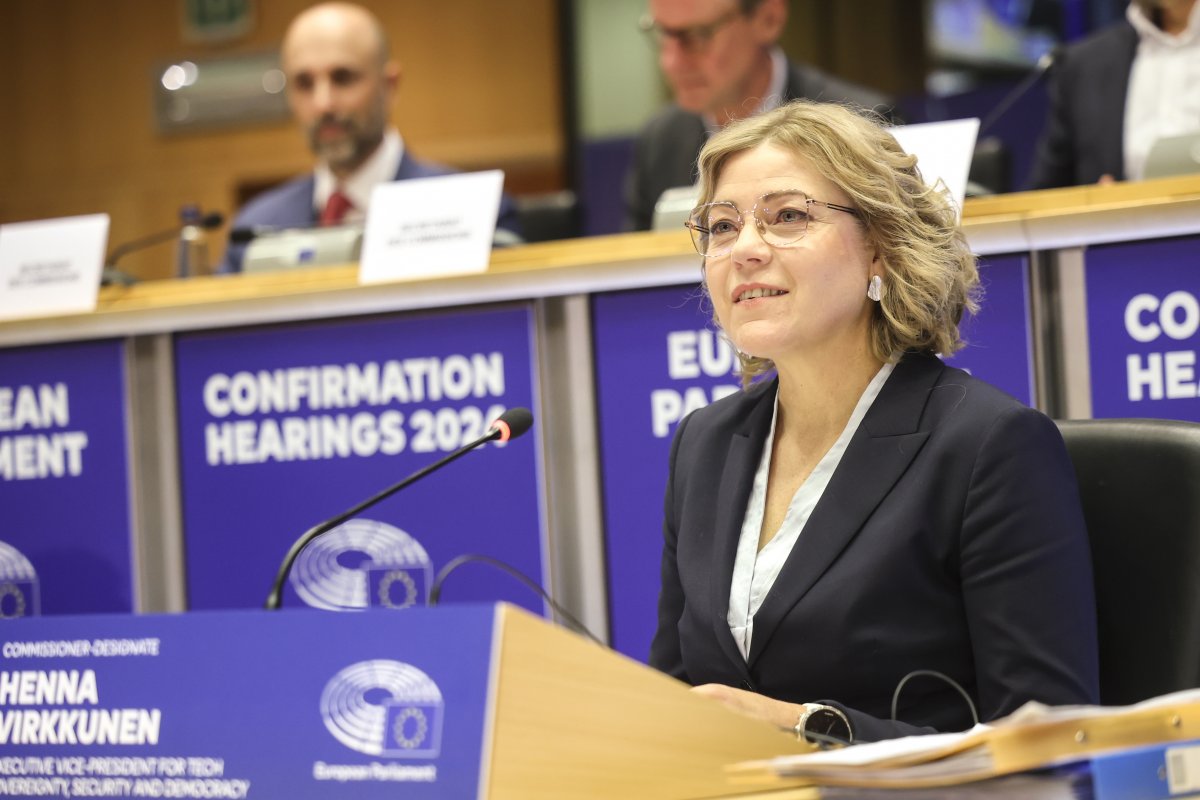
She also touched upon the lack of digital skill set, aiming to reach 80% by 2030 — as of now, it’s below 60%. CULT was only an affiliated Committee regarding Ms Virkkunen, and thus they only held an assessment meeting, once again eight days later than initially arranged to accommodate the political aspirations of EPP, S&D and Renew and their (dis)agreements. According to sources, those three groups along with ECR and the Greens gave her the green light and a clear majority. However, questions were raised about the fact that she did not go in detail about what her intentions were, regarding the Implementation of the European Media Freedom Act (EMFA) — a major priority for CULT.
--
Images: European Parliament








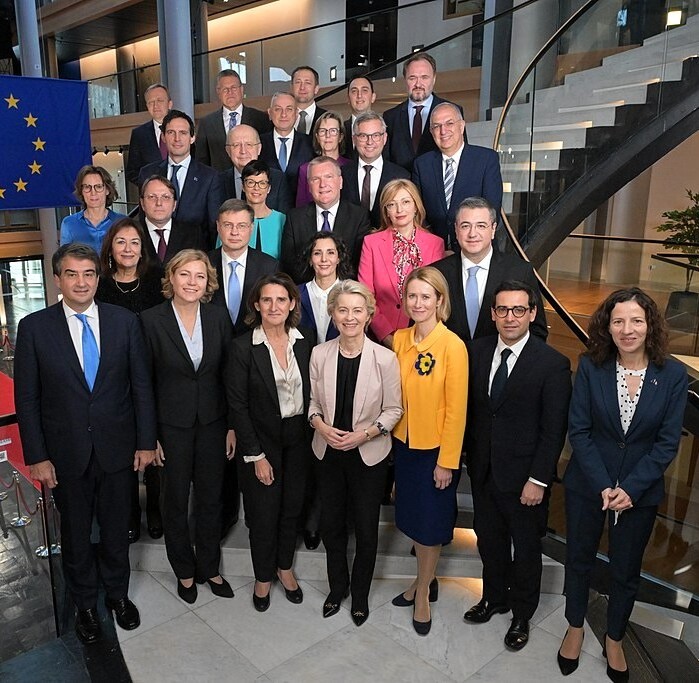

 Running forward to November 20th, the meeting finally took place and the outcome was quite similar as in the case of Micallef. The same six groups were in favour and the same two far-right groups were against. Nevertheless, that was not the end of it yet again… According to sources, more texts and phone ringing made the MEPs once more ask for a short break that lasted for almost an hour… The coordinators themselves, who had already expressed their trust in Minzatu, suddenly became allegedly hesitant… Spoiler alert, there was a happy end.
Running forward to November 20th, the meeting finally took place and the outcome was quite similar as in the case of Micallef. The same six groups were in favour and the same two far-right groups were against. Nevertheless, that was not the end of it yet again… According to sources, more texts and phone ringing made the MEPs once more ask for a short break that lasted for almost an hour… The coordinators themselves, who had already expressed their trust in Minzatu, suddenly became allegedly hesitant… Spoiler alert, there was a happy end.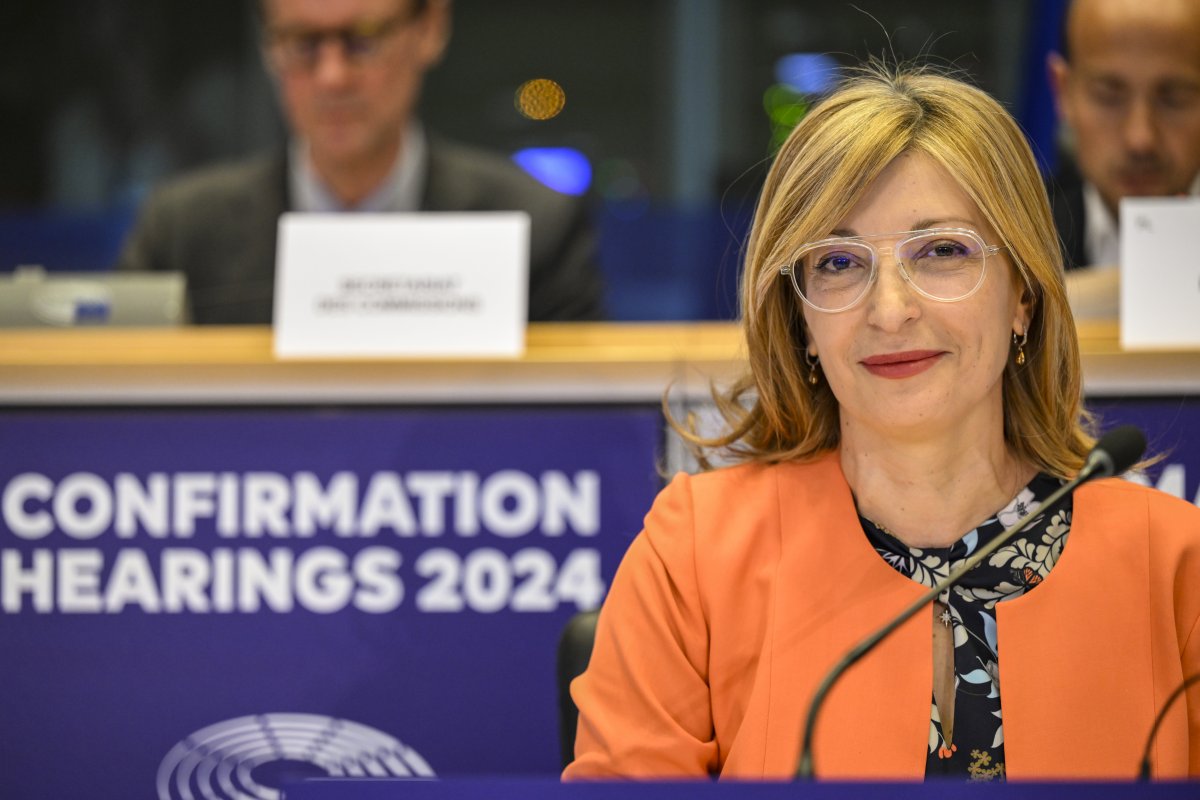
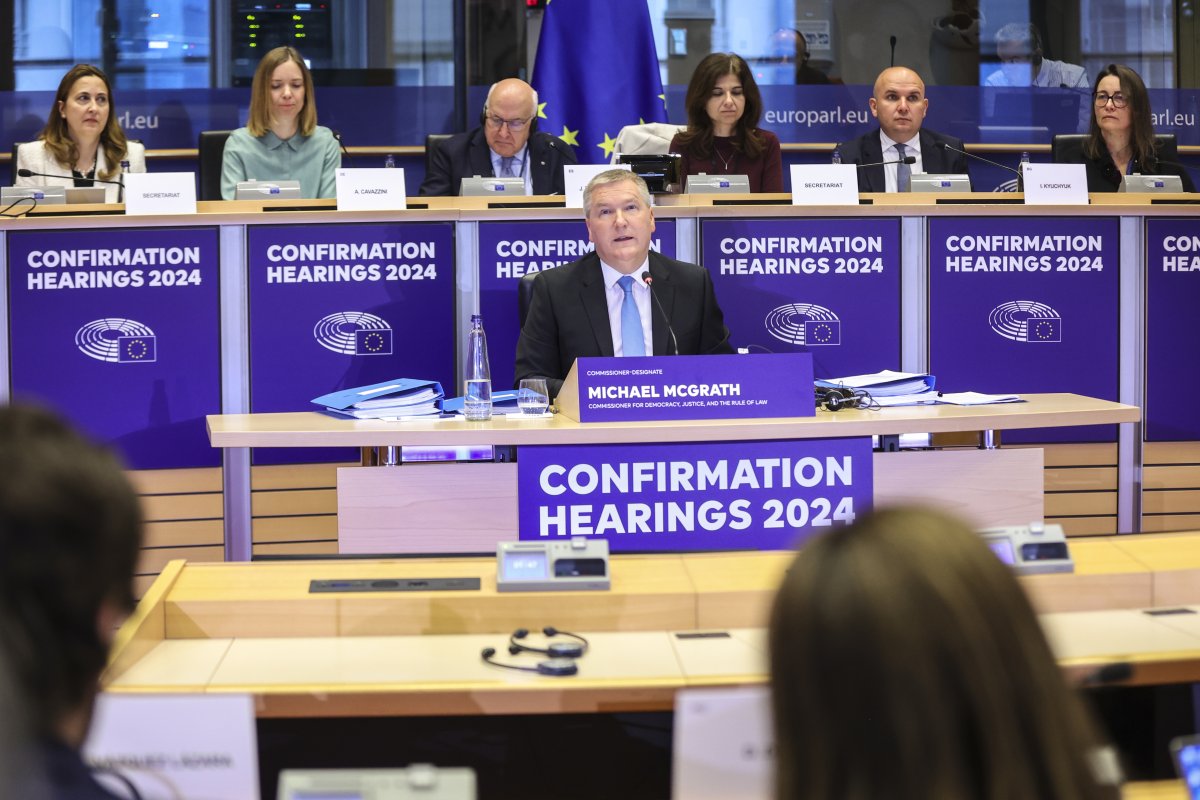
 She also touched upon the lack of digital skill set, aiming to reach 80% by 2030 — as of now, it’s below 60%. CULT was only an affiliated Committee regarding Ms Virkkunen, and thus they only held an assessment meeting, once again eight days later than initially arranged to accommodate the political aspirations of EPP, S&D and Renew and their (dis)agreements. According to sources, those three groups along with ECR and the Greens gave her the green light and a clear majority. However, questions were raised about the fact that she did not go in detail about what her intentions were, regarding the Implementation of the European Media Freedom Act (EMFA) — a major priority for CULT.
She also touched upon the lack of digital skill set, aiming to reach 80% by 2030 — as of now, it’s below 60%. CULT was only an affiliated Committee regarding Ms Virkkunen, and thus they only held an assessment meeting, once again eight days later than initially arranged to accommodate the political aspirations of EPP, S&D and Renew and their (dis)agreements. According to sources, those three groups along with ECR and the Greens gave her the green light and a clear majority. However, questions were raised about the fact that she did not go in detail about what her intentions were, regarding the Implementation of the European Media Freedom Act (EMFA) — a major priority for CULT.